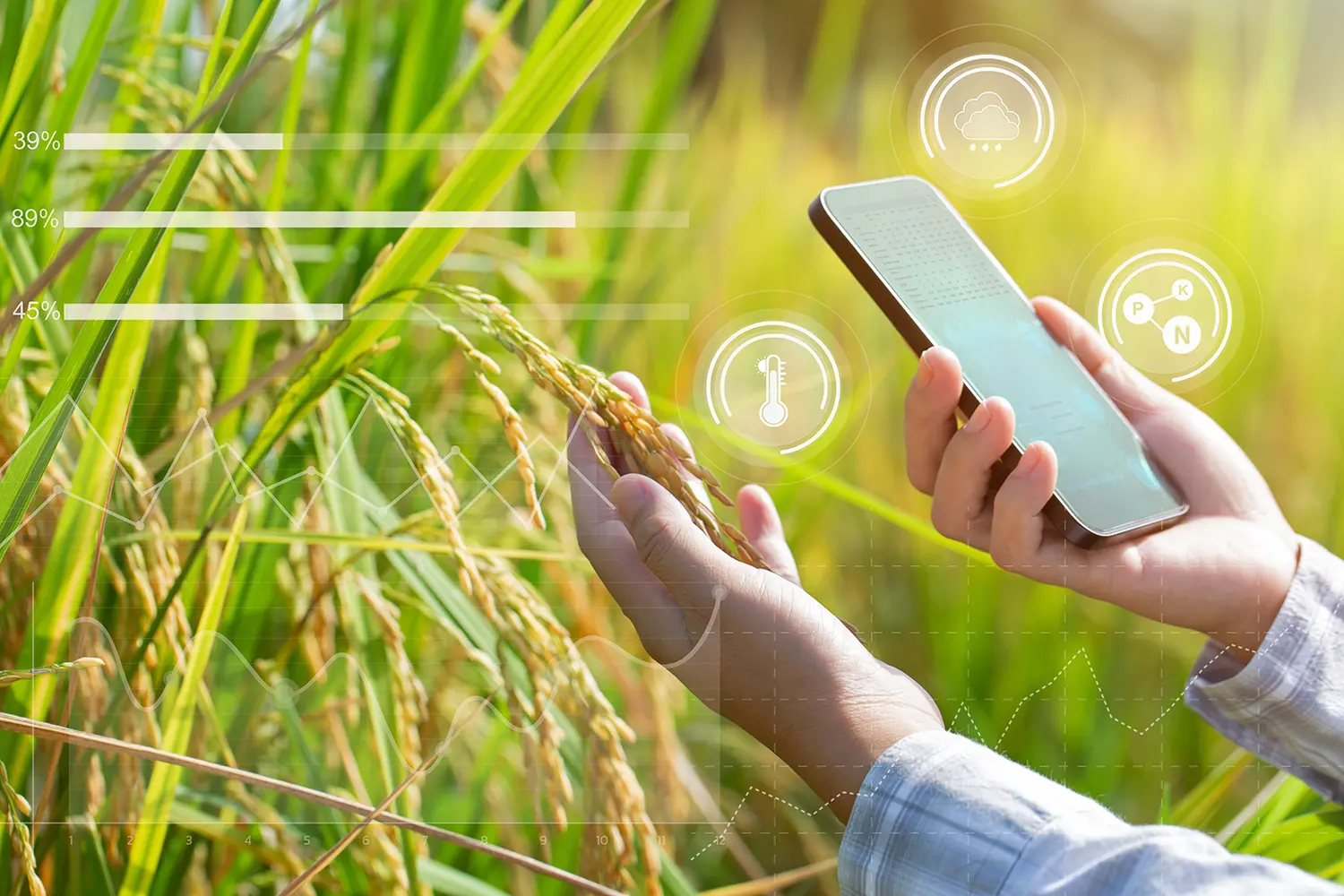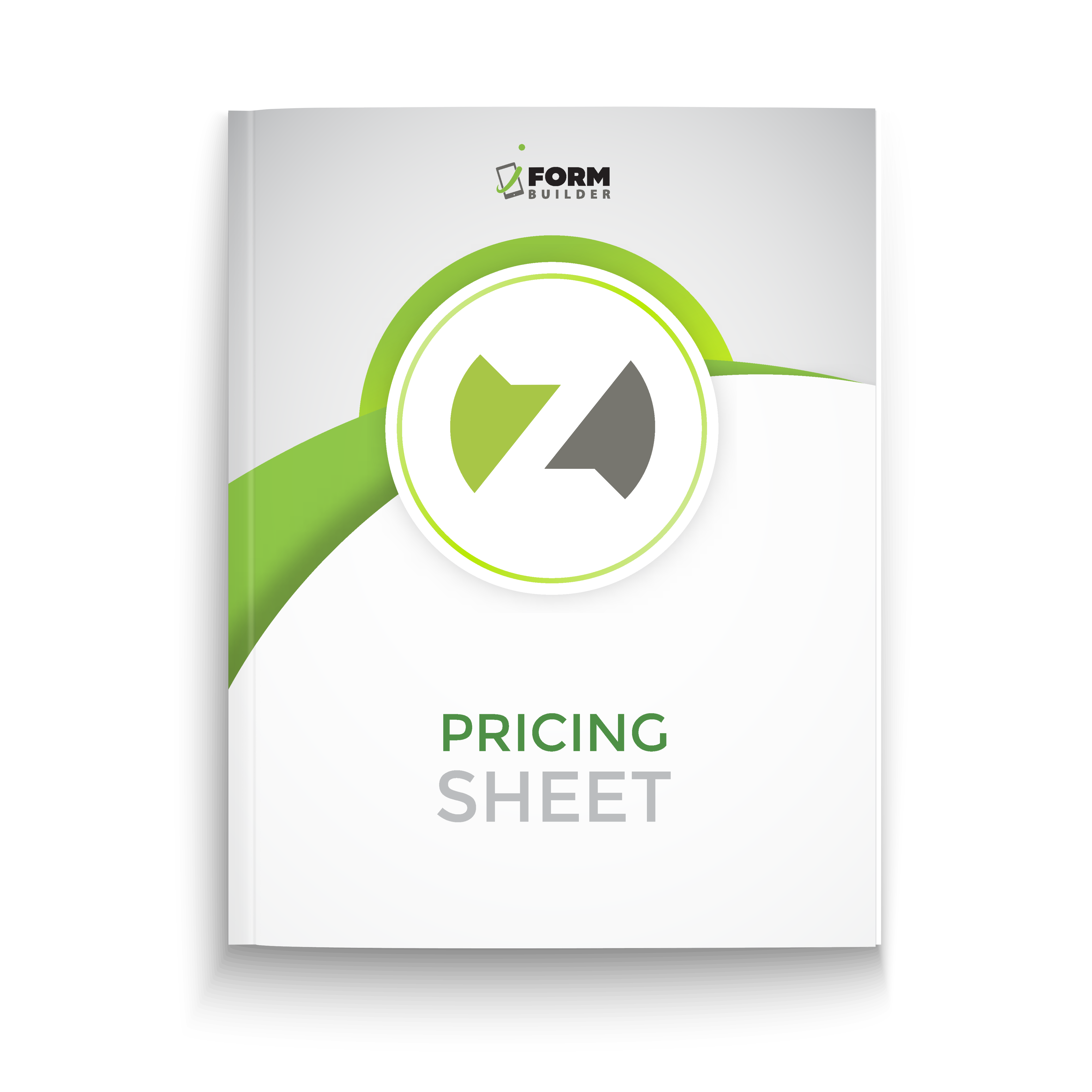Precision agriculture is a modern farming practice that relies on advanced technologies, such as sensors and drones, to gather and analyze data about the crops and soil. This information is then used to make precise, data-driven decisions about planting, irrigation, and fertilization, among other things, to optimize crop yields and reduce costs.
What’s crucial for precision agriculture? Mobile data collection. Here’s why it’s time for the clipboard to go, and why the right technology is mission critical:
1. Timely Data Collection
Mobile devices allow farmers and field technicians to collect data in the field in real-time, which is especially important in precision agriculture because it allows for prompt action on any issues or concerns that may arise.
2. Greater Coverage
Mobile data collection allows for more comprehensive coverage of the field, providing more detailed and accurate information about the state of the crops and soil.
3. GPS Integration
The location data of the mobile device can be integrated into the data collection process which enables the mapping of the data, facilitating the spatial analysis of the field.
4. Simplicity
Mobile data collection is easy to use and requires minimal training. This allows farmers and field technicians to quickly and easily collect data on-site, reducing the time and effort required to gather the information needed to make data-driven decisions.
5. Cost-Effectiveness
Mobile data collection is relatively inexpensive and requires minimal additional equipment or infrastructure, making it a cost-effective option for precision agriculture.
6. Data Analysis
Data collected with mobile devices can be analyzed and visualized with software that can provide insights into crop growth and soil health. This allows farmers and field technicians to quickly identify trends and patterns that would be difficult to discern through traditional means.
7. Collaboration
The data collected can be shared among the stakeholders in precision agriculture, such as farmers, agronomists and other experts, which enables a more efficient collaboration.
8. Automation
Some mobile data collection applications can be automated, meaning that the data is collected and analyzed without any human intervention. This not only saves time, but also reduces the risk of errors.
9. Scalability
Mobile data collection can be scaled up or down depending on the size of the field, making it an excellent option for precision agriculture regardless of the size of the farm.
10. Integration
Mobile data collection can be integrated with other precision agriculture technologies, such as drones, weather stations, and sensor networks, to create a comprehensive data collection and analysis system.
Simply, mobile data collection is a vital technology for precision agriculture, allowing farmers and field technicians to quickly and easily gather and analyze data about crops and soil. By providing real-time data collection, greater coverage, GPS integration, simplicity, cost-effectiveness, data analysis, collaboration, automation, scalability and integration with other precision agriculture technologies, mobile data collection can help optimize crop yields and reduce costs, ultimately leading to more efficient and profitable farming.



